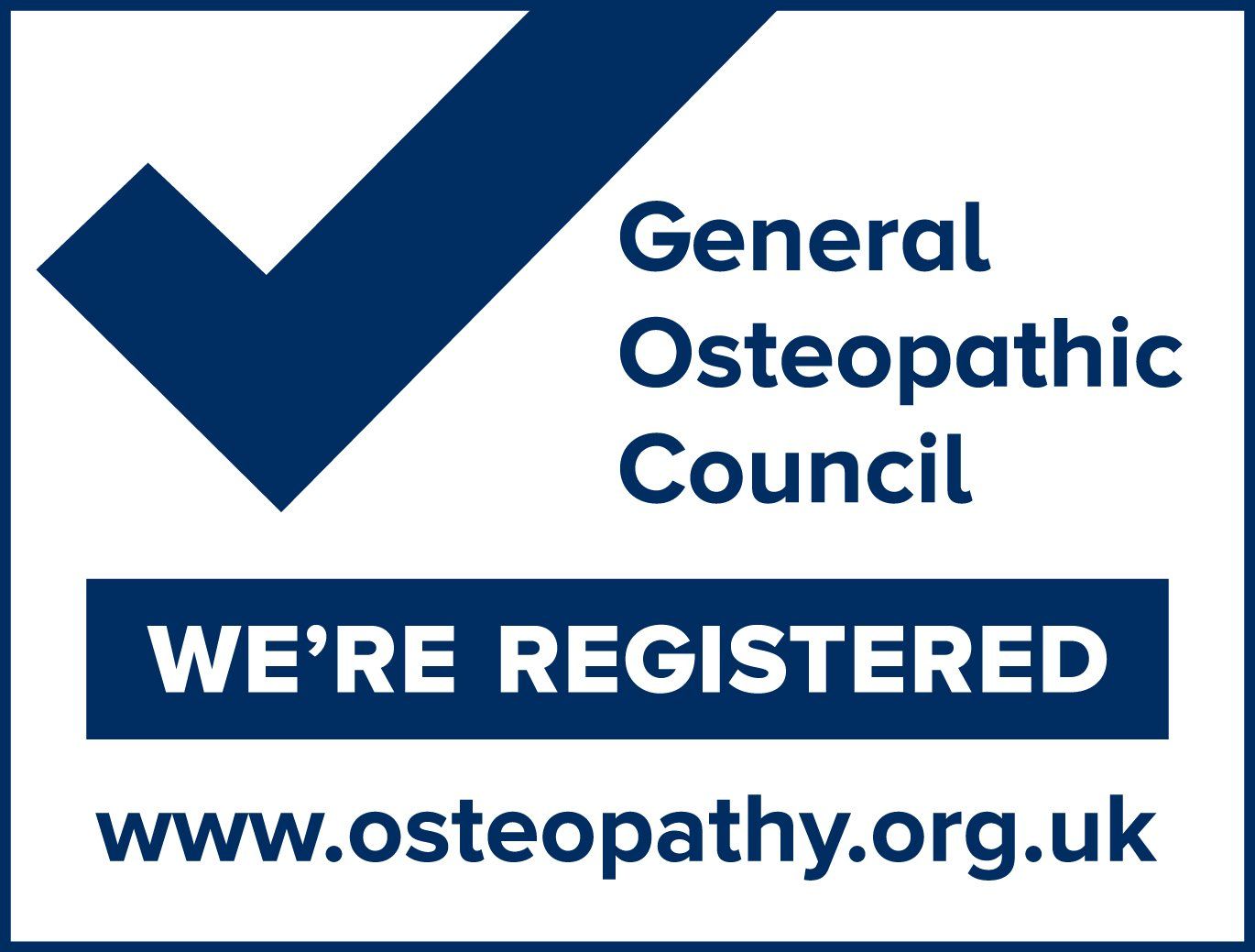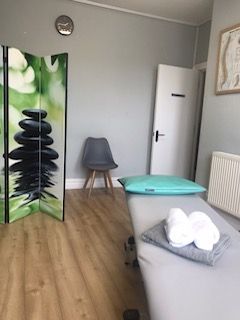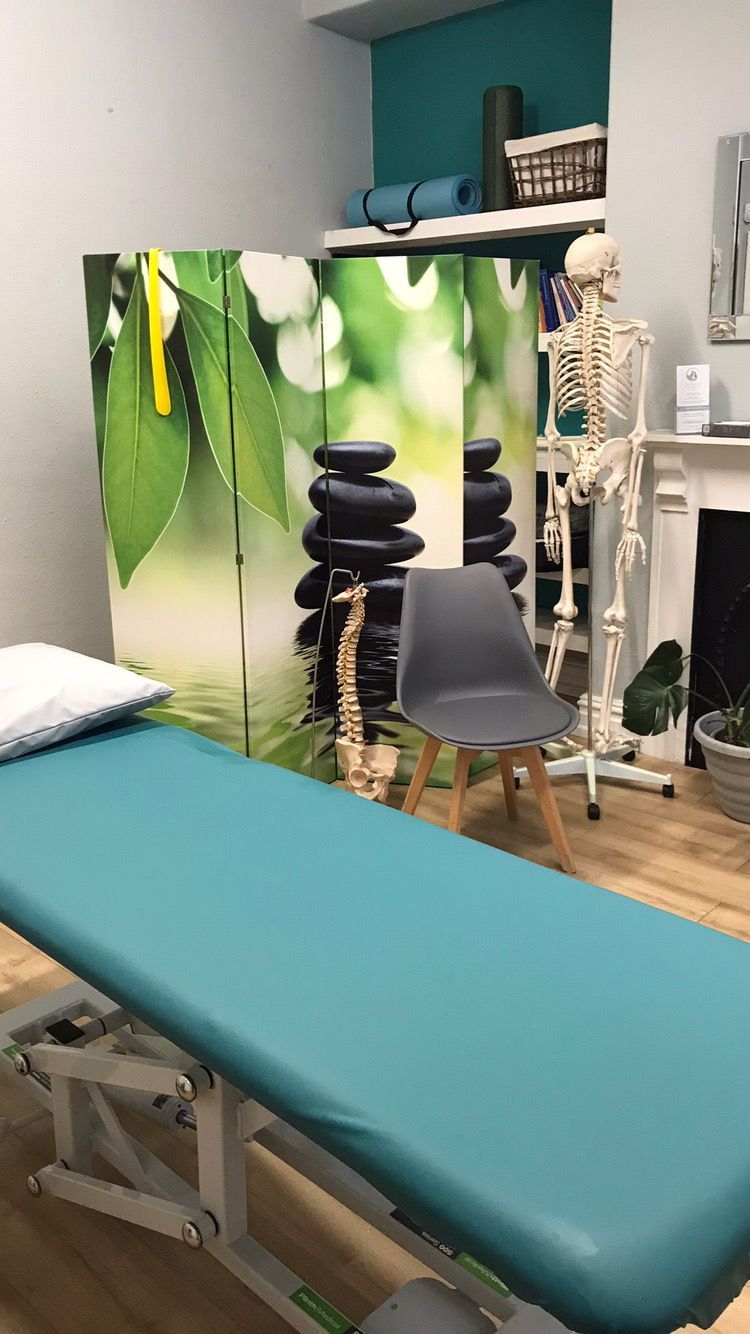Your First Visit
Your first visit
Case History and Initial Examination
After taking a complete case history to review important aspects of your health your osteopath will ask you to undress and will then conduct a thorough examination. You will be asked to turn and bend, your posture will be checked, your reflexes and muscle strength will be tested, and other orthopaedic and neurological tests may be performed. These tests are designed to show any areas of your spine causing problems.
Safety and Technique
Osteopathy is essentially safe and drug free. Osteopathic manipulations often cause an audible ‘click’ but shouldn’t be uncomfortable. Any complications associated with the manipulations will be explained to you before any technique is carried out. As well as manipulative therapy osteopaths use soft tissue massage and articulatory techniques. If you are at all unhappy about any parts of your spine being manipulated please tell your osteopath and other techniques can be used instead.
We also offer cranial osteopathy at our clinic, which is a much gentler approach and is suitable for babies and children, as well as for adults suffering acute strains.
After Treatment
After treatment some patients experience soreness in the treated area for 24 hours but this is quite normal. Telephone your osteopath if you are at all concerned about a treatment reaction.
If we require further investigations e.g. X-rays, we will refer you back to your General Practitioner so that he/she can refer you on to your local hospital. We cannot organise NHS referrals but we can refer to a private orthapaedic specialist at the Spire Hospital or The Vale Hospital. We can also refer for diagnostic ultrasound scans.
Copyright Pontypridd Osteopathic Clinic Ltd 2022
Website Sorted Web Design. Login | Privacy | Sitemap | Complaints
